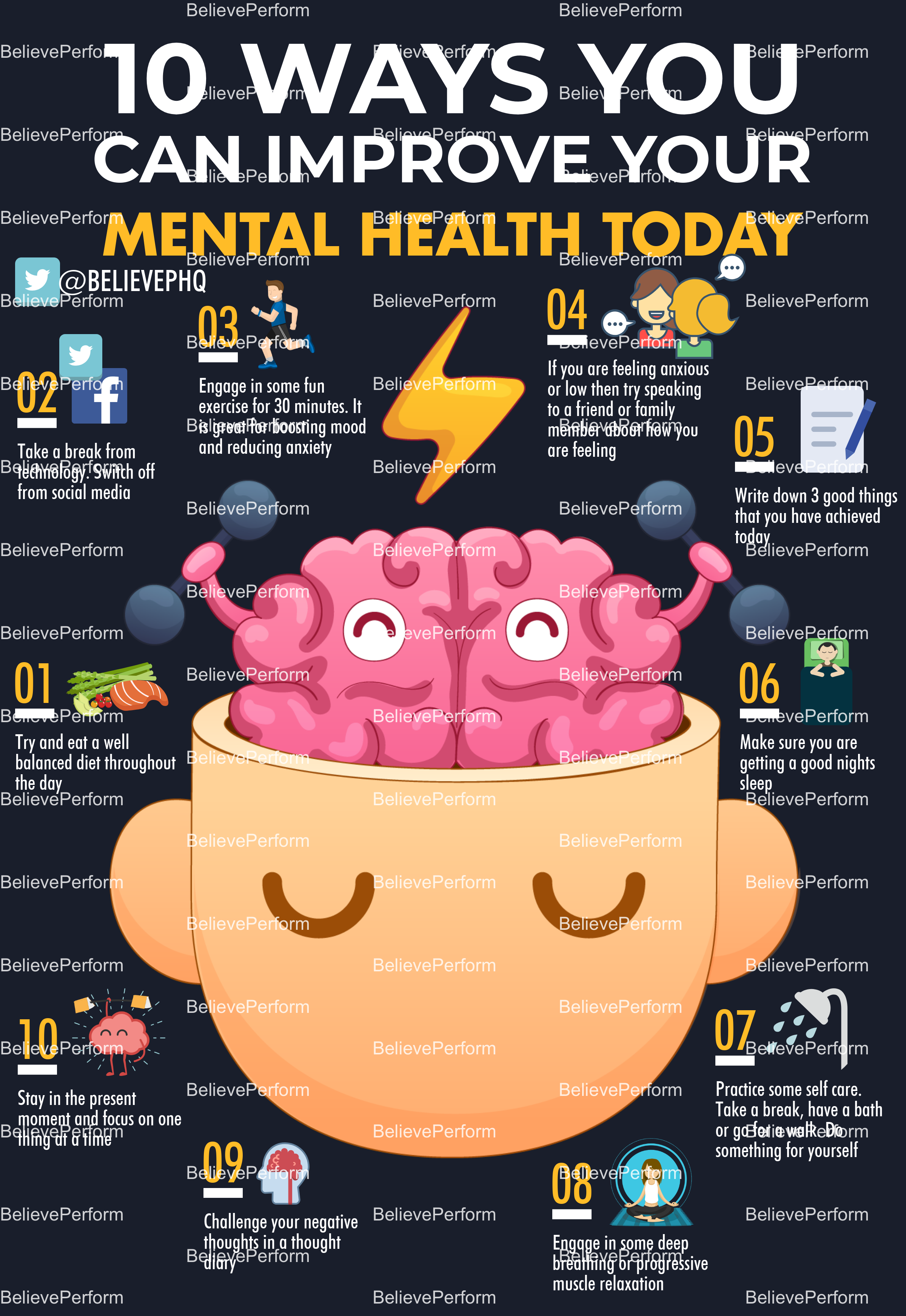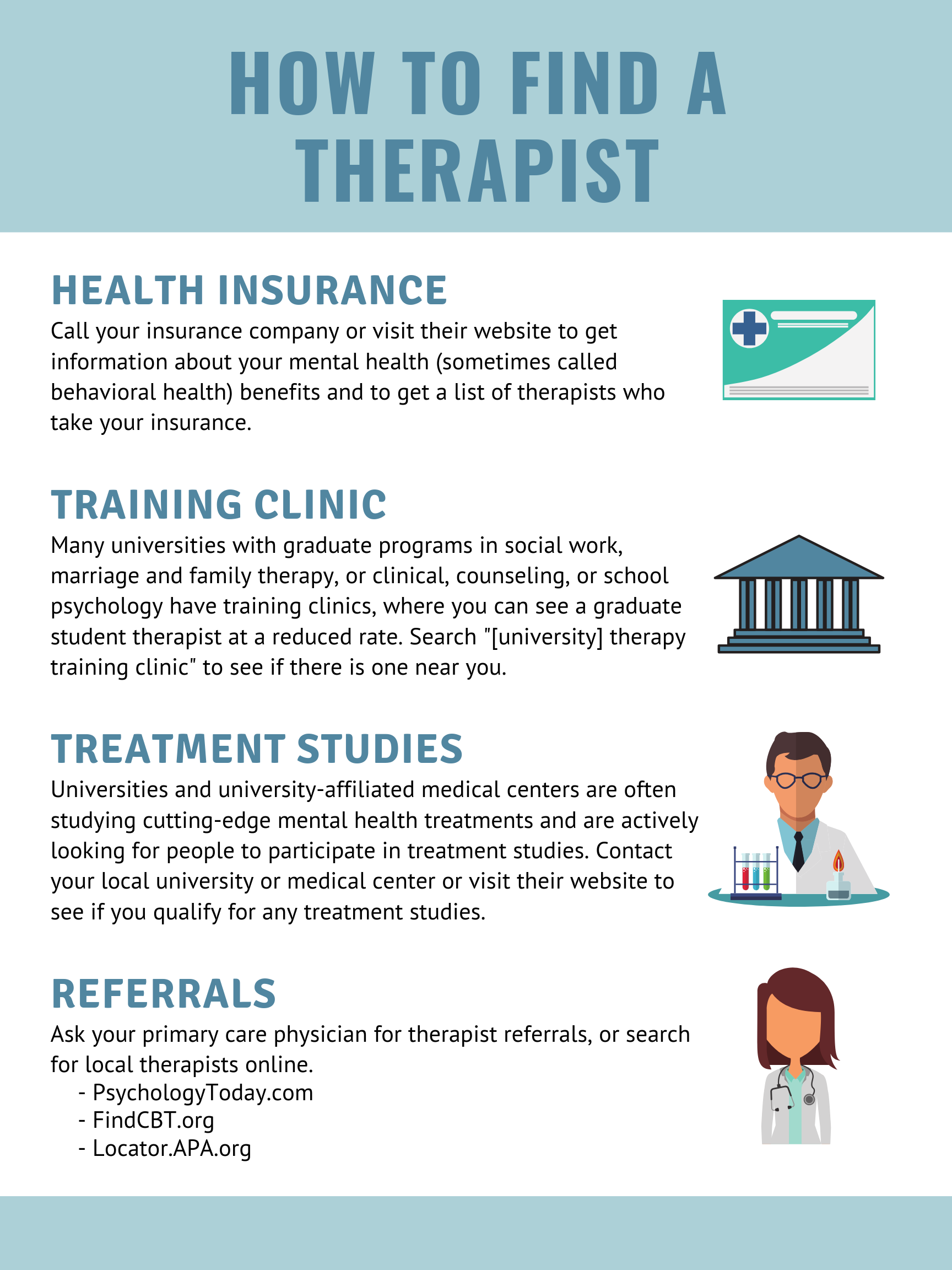Mental disorder, also called mental health disorders, refers to a large variety of mental health conditions disorders that affect your state of mind, thinking and habits. Examples of psychological disease include anxiety, anxiety disorders, schizophrenia, consuming conditions and addicting behaviors. https://pbase.com/topics/soltos9tcs/howdidme307 Lots of people have psychological health concerns from time to time. But a mental health concern ends up being a mental disorder when ongoing indications and symptoms trigger frequent stress and affect your ability to work.
Most of the times, symptoms can be managed with a combination of medications and talk treatment (psychotherapy). Program more products from Mayo Center Symptoms and signs of psychological disease can differ, depending on the disorder, scenarios and other aspects. Mental disorder symptoms can impact emotions, ideas and habits. Examples of symptoms and signs include: Feeling sad or down Confused thinking or decreased capability to focus Extreme worries or concerns, or severe feelings of guilt Extreme mood changes of highs and lows Withdrawal from good friends and activities Substantial tiredness, low energy or issues sleeping Detachment from reality (delusions), paranoia or hallucinations Failure to manage day-to-day problems or stress Problem understanding and associating with circumstances and to people Problems with alcohol or substance abuse Significant changes in eating routines Libido modifications Excessive anger, hostility or violence Self-destructive thinking Often symptoms of a mental health disorder look like physical issues, such as stomach pain, back pain, headaches, or other unusual pains and discomforts.
A lot of mental diseases do not improve on their own, and if without treatment, a mental illness may become worse in time and trigger severe issues. Self-destructive thoughts and habits prevail with some mental disorders. If you believe you might harm yourself or attempt suicide, get help immediately: Call 911 or your local emergency number instantly.
Call a suicide hotline number. In the U.S., call the National Suicide Prevention Lifeline at 1-800-273-TALK (1-800-273-8255) or utilize its webchat on suicidepreventionlifeline. org/chat. Look for aid from your medical care service provider. Reach out to a buddy or loved one. Contact a minister, spiritual leader or another person in your faith community.

4 Simple Techniques For How Does Sleep Affect Mental Health?
If your enjoyed one reveals indications of mental disorder, have an open and honest discussion with him or her about your issues. You might not have the ability to require someone to get professional care, however you can offer encouragement and assistance. You can also help your liked one discover a certified mental health professional and make a consultation.
If your enjoyed one has done self-harm or is thinking about doing so, take the individual to the health center or require emergency aid. Mental disorders, in basic, are believed to be brought on by a range of genetic and environmental aspects: Psychological disease is more typical in people whose blood family members also have a mental disorder - how does mental illness affect relationships.
Direct exposure to environmental stress factors, inflammatory conditions, contaminants, alcohol or drugs while in the womb can often be linked to mental disease. Neurotransmitters are naturally happening brain chemicals that carry signals to other parts of your brain and body. When the neural networks including these chemicals are impaired, the function of nerve receptors and nerve systems change, leading to anxiety and other emotional disorders.
About 1 in 5 grownups has a mental disease in any given year. Mental illness can begin Visit this website at any age, from childhood through later adult years, however a lot of cases start previously in life. The effects of psychological disease can be momentary or long-term. You also can have more than one psychological health condition at the exact same time.

The Only Guide to How Does Sleep Affect Your Mental Health
Mental disorder is a leading reason for disability. Unattended mental disease can cause serious psychological, behavioral and physical health issue. Complications often linked to psychological disease include: Distress and decreased enjoyment of life Family conflicts Relationship difficulties Social isolation Issues with tobacco, alcohol and other drugs Missed out on work or school, or other problems related to work or school Legal and financial issues Hardship and homelessness Self-harm and damage to others, consisting of suicide or homicide Damaged body immune system, so your body has a tough time withstanding infections Heart problem and other medical conditions There's no sure method to avoid mental health problem.
Follow these actions: Deal with your medical professional or therapist to learn what might activate your symptoms. Make a plan so that you know what to do if symptoms return. Contact your medical professional or therapist if you notice any modifications in signs or how you feel. Consider involving member of the family or good friends to watch for indication.
You may have a brand-new illness that requires to be dealt with, or you may be experiencing side results of medication. Mental health conditions can be more difficult to treat if you wait until signs get bad. Long-term maintenance treatment likewise may assist avoid a regression of signs. Sufficient sleep, healthy eating and regular physical activity are important.
Speak to your main care company if you have trouble sleeping or if you have concerns about diet and exercise.
Some Known Details About What Does Affect Mean In Mental Health
APA Design MLA Style AMA Style NIDA. 2020, June 15. Mental Health Impacts. Retrieved from https://www. drugabuse.gov/ drug-topics/health-consequences-drug- misuse/mental-health-effects NIDA. "Mental Health Impacts." National Institute on Drug Abuse, 15 Jun. 2020, https://www. drugabuse.gov/ drug-topics/health-consequences-drug- misuse/mental-health-effects NIDA. Mental Health Effects. National Institute on Substance abuse site. https://www. drugabuse.gov/ drug-topics/health-consequences-drug- misuse/mental-health-effects. June 15, 2020 press ctrl+ c to copy.
A clear difference is frequently made between 'mind' and 'body'. But when thinking about mental health and physical health, the two ought to not be considered different. Poor physical health can cause an increased danger of developing psychological health issue. Similarly, poor psychological health can negatively affect on physical health, resulting in an increased danger of some conditions.
There is an increasing get in touch with health care professionals to think about mental wellbeing when dealing with the physical signs of a condition and vice versa. You can check out about the work we do as a Structure to lobby government policies on the subject. There are different ways in which bad psychological health has been revealed to be destructive to physical health.
1,2 Anxiety has been found to be connected with an increased threat of coronary heart disease3 Schizophrenia is associated with: double the threat of death from heart disease 3 times the danger of death from breathing illness - how does aids affect mental health. This is since people with mental health conditions are less likely to receive the physical health care they're entitled to.
The Of How Does Stress Affect Your Mental Health
They are likewise not as most likely to be used assistance to quit cigarette smoking, lower alcohol usage and make favorable changes to their diet. These lifestyle aspects can influence the state of both your physical and psychological health. Exercise in any kind is a fantastic way to keep you physically healthy along with improving your psychological wellbeing.
Even a The original source short burst of 10 minutes vigorous walking increases our psychological awareness, energy and favorable state of mind. Check out the Let's Get Physical report for more on the positive health benefits of physical activity. Physical activity means any movement of your body that utilizes your muscles and expends energy. From tending your garden to running a marathon, even mild kinds of workout can substantially enhance your quality of life.
